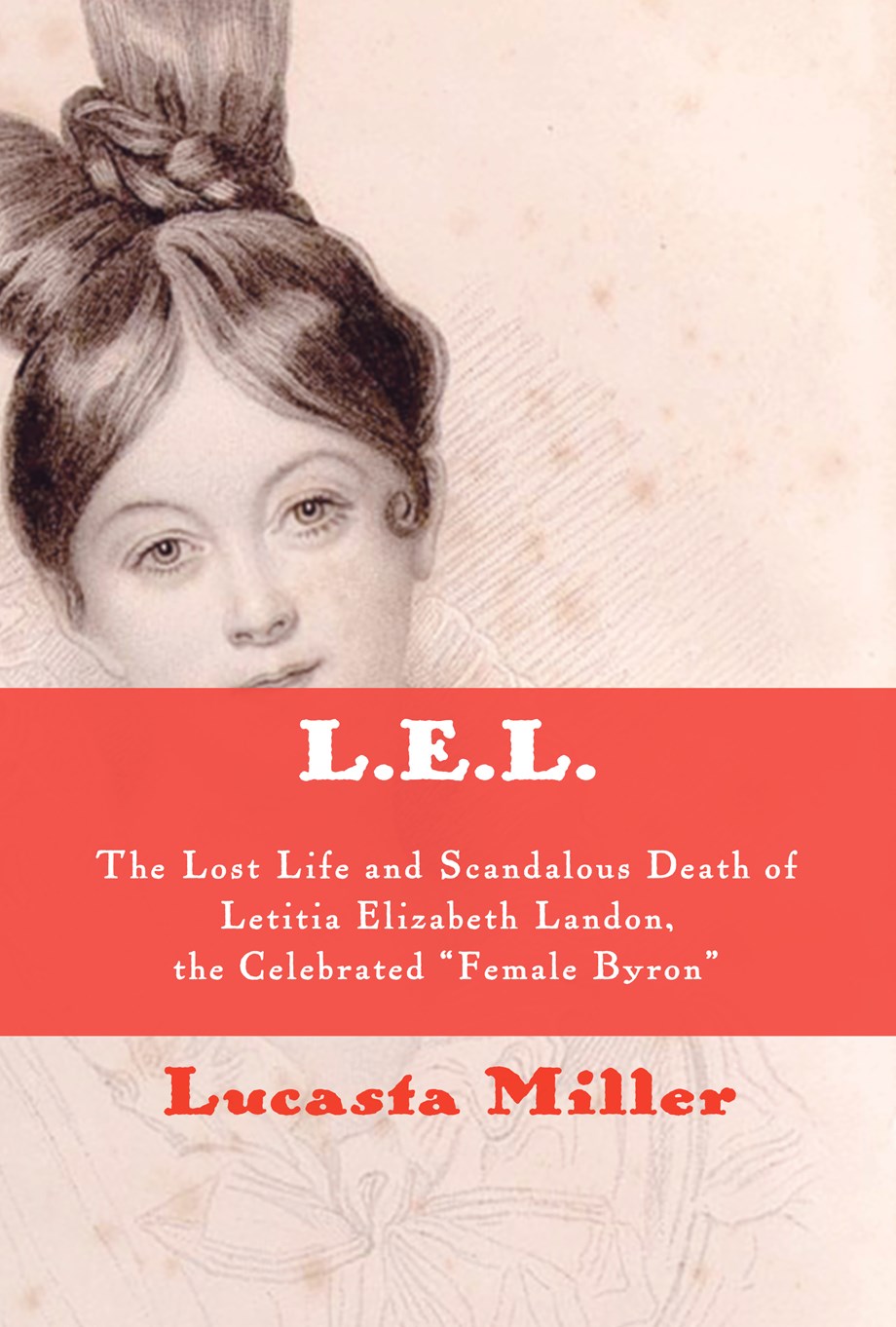Having reclaimed the three Bronte sisters from 150 years of reinvention and misconception in the superb “The Bronte Myth” (2001), Lucasta Miller now retrieves L.E.L., the once celebrated poet, Letitia Elizabeth Landon, from her present obscurity and reveals a woman whom neither we nor most of her contemporaries knew. Born in 1802 to a genteel, impoverished family, she was, at her mother’s and her own connivance, taken up by the married William Jerdan, powerful editor of the Literary Gazette. This man, whom Carlyle called the “satyr-cannibal Literary Gazetteer,” dubbed her L.E.L., promoted her literary career, and fathered three children upon her—all sent away, their existence known to only a few.
Landon’s poetry, ambiguous, allusive, and titillating, was immensely popular during the 1820s, gaining her the sobriquet, “the Female Byron.” But as public feeling became increasingly moralistic, her work lost favor and her reputation worsened as her affair with Jerdan leaked out. Miller, no hagiographer, exposes Landon as a relentless flatterer, flirt, and self-promoter; but she also shows us a desperate artist, deplored as a fallen woman and thought vulgar for writing for money—much of which Jerdan kept for himself even as he moved on to younger prey.
Landon’s friends sought a husband for her, first in the person of John Forster (later Charles Dickens’s friend and biographer) who broke it off in horror after learning of her scandalous past. Next came George Maclean, recently returned to England from his station as governor of Cape Coast Castle (in present-day Ghana). Soon, however, he too learned of her sullied reputation and unsuccessfully attempted to get out of the match. In the end, Landon, age 36, accompanied Maclean back to Africa as his wife. There she died two months later of a drug overdose — intentional, accidental, or possibly murder.
Miller is magnificent in her use of Landon’s work to cast light on her life, and of her life to interpret her work. In this outstanding biography, she also examines the transformation of British sensibility from Romanticism and Regency worldliness to Victorian moralism, one casualty of which was Letitia Elizabeth Landon, a scorned, despairing victim of her times.
— Katherine A. Powers


 L.E.L.: The Lost Life and Scandalous Death of Letitia Elizabeth Landon, the Celebrated ‘Female Byron’ by Lucasta Miller (Knopf)
L.E.L.: The Lost Life and Scandalous Death of Letitia Elizabeth Landon, the Celebrated ‘Female Byron’ by Lucasta Miller (Knopf) 